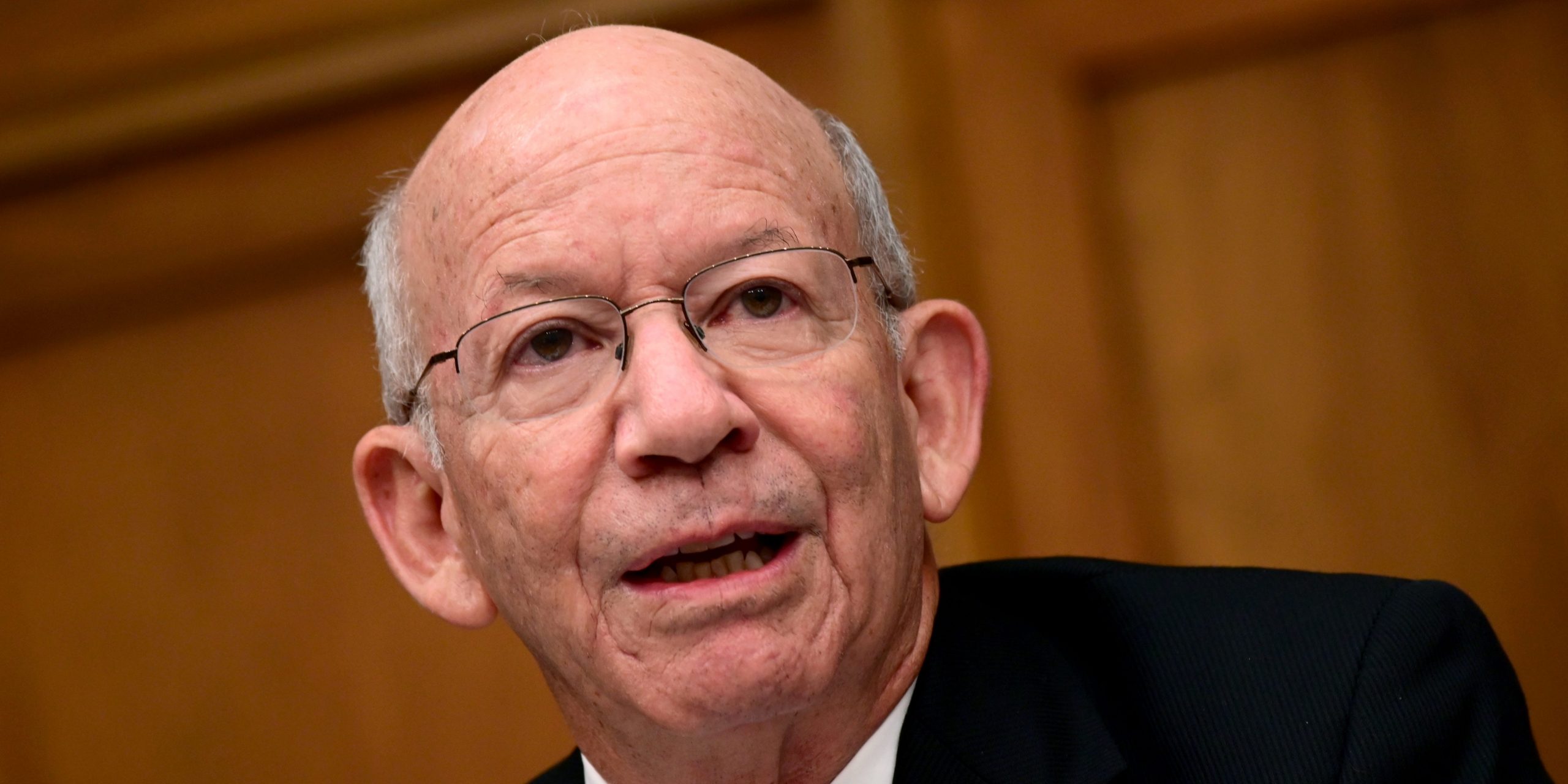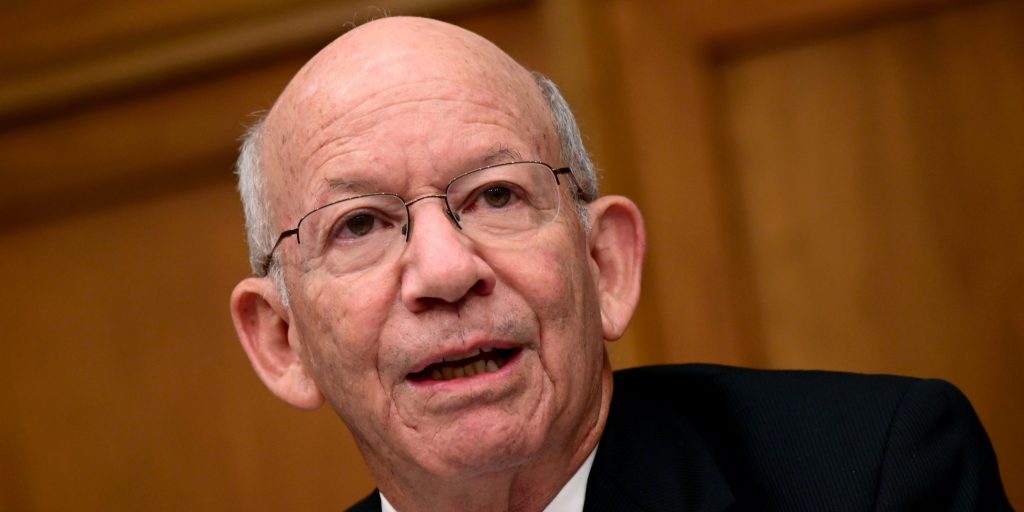
Reuters
- House Democrats have proposed a bill for $547 billion in additional funding for roads and bridges.
- Republicans criticized the proposal for focusing too much on climate initiatives.
- This comes as Biden is in the midst of negotiations with the GOP on his $4 trillion infrastructure plan.
- See more stories on Insider's business page.
As President Joe Biden continues his effort to reach a bipartisan agreement on his infrastructure proposal, House Democrats have proposed additional funding for rebuilding the country's physical infrastructure – an area Republicans have argued doesn't have enough focus.
On Friday, Chair of the House Committee on Transportation and Infrastructure Peter DeFazio, Chair of the Subcommittee on Highways and Transit Eleanor Holmes Norton, and Chair of the Subcommittee on Railroads, Pipelines and Hazardous Materials Donald M. Payne, Jr. introduced the INVEST in America Act, which invests $547 billion over five years to rebuild transportation infrastructure.
"The benefits of transformative investments in our infrastructure are far-ranging: we can create and sustain good-paying jobs, many of which don't require a college degree, restore our global competitiveness, tackle climate change head-on, and improve the lives of all Americans through modern infrastructure that emphasizes mobility and access, and spurs our country's long-term economic growth," DeFazio said in a statement.
According to a fact sheet, the bill would create jobs while tackling the climate crisis and meet the goals in Biden's American Jobs Plan. Here's what the Democrats are proposing:
- $343 billion for roads, bridges, and safety, including investing $4 billion in electric vehicle infrastructure and $8.3 billion for activities to reduce carbon pollution;
- $109 billion for transit, including setting aside $50 million per year for "rural persistent poverty communities";
- And $95 billion for passenger and freight rail, including tripling Amtrak funding to $32 billion.
Republicans criticized the proposal after it was unveiled for prioritizing climate investments and still not focusing enough on rebuilding physical infrastructure.
"Despite a narrower margin of power and the President's call for bipartisanship, the Majority never seriously considered incorporating Republican priorities and reaching a compromise," Republicans on the infrastructure panel said in a statement.
They added: "So we are left with another bill that lets lengthy road and bridge project delays continue eating up precious resources, handcuffs our state and local partners, leaves rural communities behind, and prioritizes the Green New Deal to an extent that cripples the real infrastructure improvements communities across the country need."
The new legislation was proposed with Biden in the midst of negotiations with Republicans on his initial $4 trillion infrastructure proposal. Republicans have argued that his plan focuses on too many things beyond rebuilding the country's physical infrastructure, prompting a group of GOP senators to introduce two counter-proposals to date.
The group, led by West Virginia Sen. Shelley Moore Capito, first introduced a $568 billion proposal in April, and after discussing that proposal with the president, the White House offered the Republicans a $1.7 trillion counter-offer, coming down from the initial $2.25 trillion price tag on the American Jobs Plan.
And last week, the GOP group came back to Biden with a $928 billion counter-offer, largely focused on funding for physical infrastructure, and only a $257 billion increase in new government spending beyond what Congress has already authorized.
Biden is set to meet with Capito on Friday for the second time this week, but Democrats are increasingly urging the president to cease these negotiations and promptly pass a big package to deliver urgent aid to Americans.
"We appreciate the White House's interest in reaching across the aisle to seek Republican support for overwhelmingly popular infrastructure priorities ..." House Democrats wrote in a letter. "While bipartisan support is welcome, the pursuit of Republican votes cannot come at the expense of limiting the scope of popular investments."
